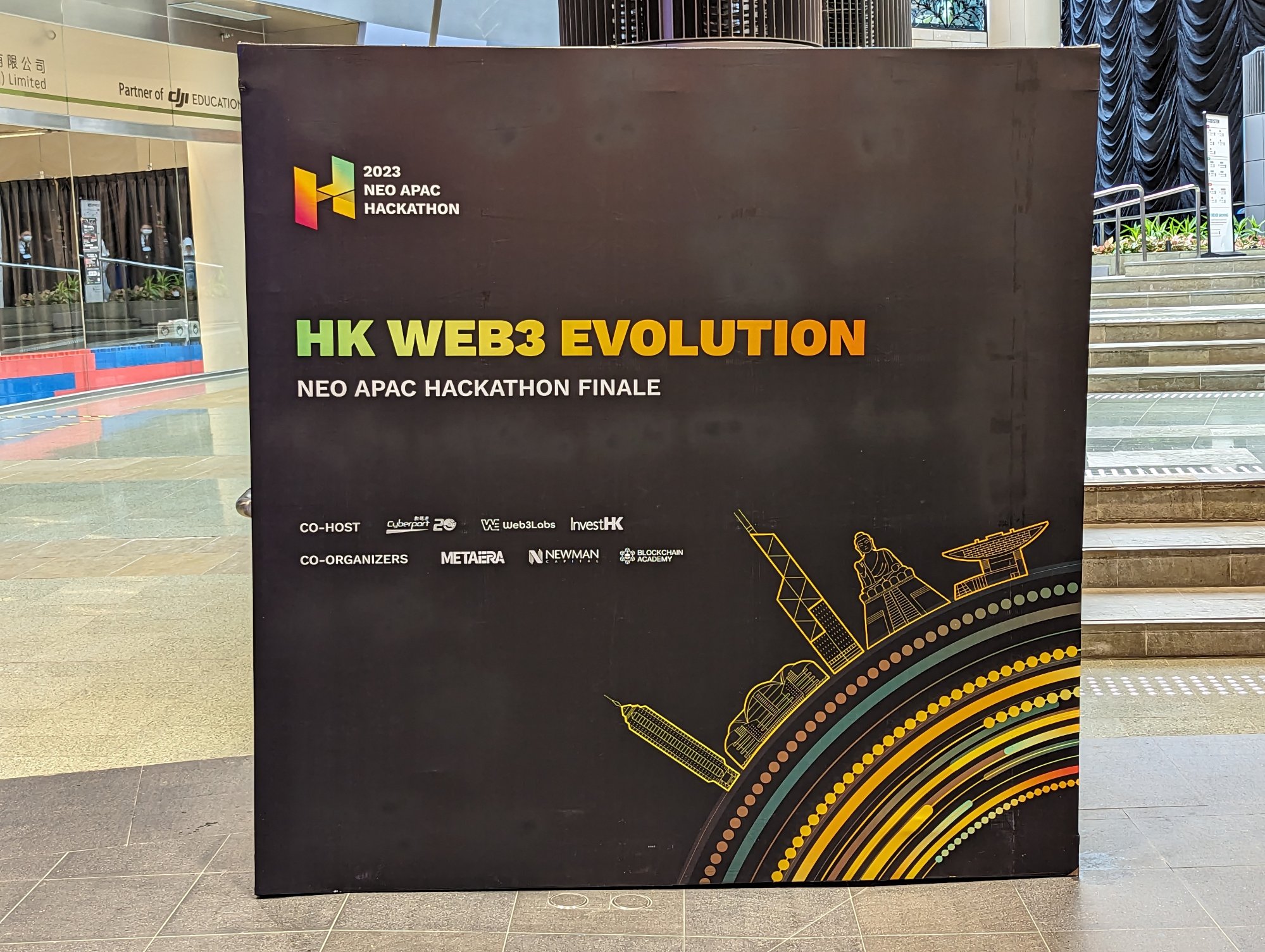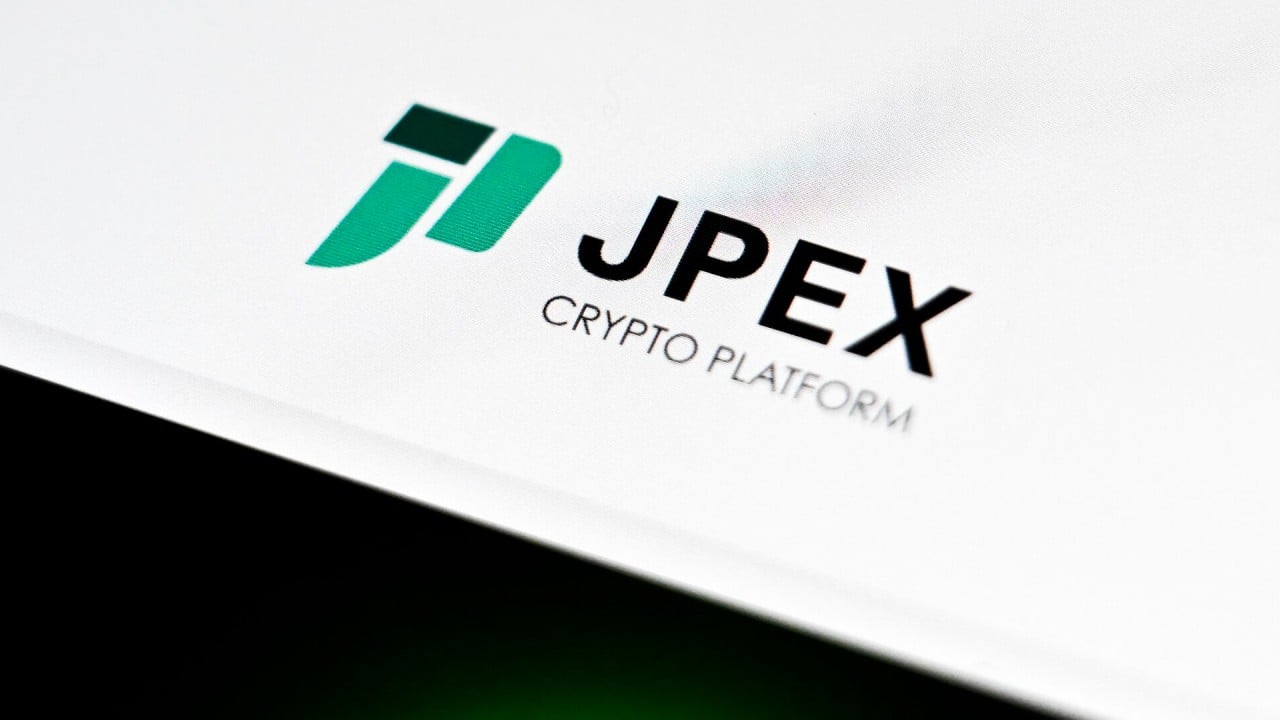
At Hong Kong Web3 events, industry players look past recent crypto scandals to promote blockchain for everything
- Major Web3 events in Hong Kong have been focusing more on Web3 usability and use cases like identification, content ownership and video gaming
- The city faces challenges like recent crypto scandals and a talent shortage, but some say its proximity to mainland China still gives it an edge
Events such as September’s Edge Summit, the recently concluded ETH Hong Kong and a hackathon this past weekend hosted by Shanghai-based blockchain company Neo reflect a growing desire to focus on practical applications of Web3 technologies beyond speculative assets.
In some ways Hong Kong has long been at the forefront of this area of Web3 development, with home-grown Animoca Brands being a leading blockchain video gaming company. Yat Siu, the company’s co-founder and chairman who spoke at the Edge Summit, has been an outspoken Web3 advocate.
“[Web3 is] like the internet 25 years ago. You had all these people building websites and didn’t really know what the website was supposed to do,” Siu said in an interview with the Post on October 13.
“[Companies] know it’s important,” he added. “I think the difference [now] is that the urgency, and the sense that it is important for their future, are now there.”
Telling users they have to manage and safeguard cryptographic keys is a usability hurdle, though, and it is one that many Web3 organisations are now trying to solve.
Dfinity Foundation, which appeared at the Edge Summit and develops the Internet Computer Protocol (ICP) blockchain, aims to solve this with passkeys, a type of technology that makes a user’s physical device the key for accessing an account. The passkey concept is growing in popularity among Big Tech firms seeking to end issues related password-related vulnerabilities like phishing attacks.
“Web3 is not just about crypto, but about maintaining the good of blockchain technology,” said Darren Wong, co-founder of ICP Hub Hong Kong, part of the new ICP Asia Alliance that Dfinity recently started with a US$20 million grant. “And you see a lot of Web2 companies right now are coming into the Web3 space, because they have the right users.”
Vitalik Buterin, co-founder of the Ethereum blockchain, also promoted ways of making Web3 easier to use for average people in a talk given remotely at the ETH Hong Kong event. He discussed things like social-recovery wallets, which enable people to piece together keys through a network of social connections in the event they lose access to their accounts.
“There’s a lot of work involved in understanding users and building things that work for users,” Buterin said. “There’s developers and applications, wallets for infrastructure, and all of these different actors that really need to work together to make some of these transitions work.”

But making Web3 easier to use is just one step in giving people a reason to use it.
Karl Blomsterwall, CEO of Sweden-based Nibiru Software, said his company made a strategic decision to focus on Asia for its play-to-earn title Planet IX.
“This part of the world is much more open to new ideas and open to blockchain in general,” Blomsterwall said on the sidelines of the Edge Summit. More than half of Planet IX players are in China, he added, and 80 to 90 per cent are in Asia.
Many of Animoca’s initiatives also involve enabling creators to retain value from their creations by putting them on a blockchain. Last year the company acquired TinyTap, which allows teachers to receive royalties in perpetuity for their lesson plans, and has invested in Virtual Arts, which allows street dancers to prove ownership over their moves using NFTs on its app DanceFight.
“This platform can create the income for … musicians, writers, artists of all sorts,” Siu said.

“Singapore is definitely, from a regional perspective, a competitor,” said Ryan He, the other co-founder of ICP Hub Hong Kong. “Where our advantage [lies] is [in] how quickly we can tap into that supply chain resource of developers.”
Da Hongfei, the founder of Neo who currently lives in Singapore, said the blockchain firm is in the process of moving resources from Shanghai to Hong Kong, primarily because the blockchain uses a crypto token for payments, which is banned on the mainland.
“The environment in Hong Kong is really vibrant,” Da said in an interview with the Post during the Neo Hackathon on Saturday. “Although there are not so many developers … it’s really easy to find financial, legal [and] marketing people here.”
Additional reporting by Xinmei Shen


